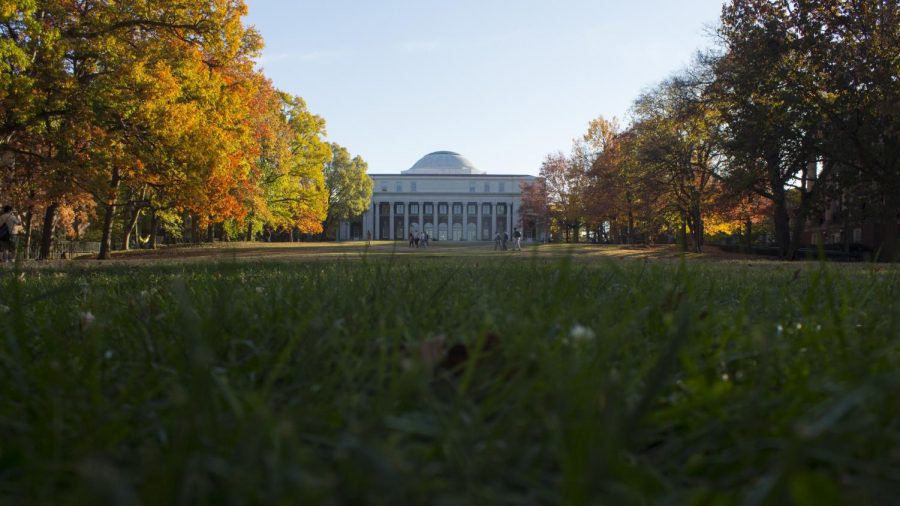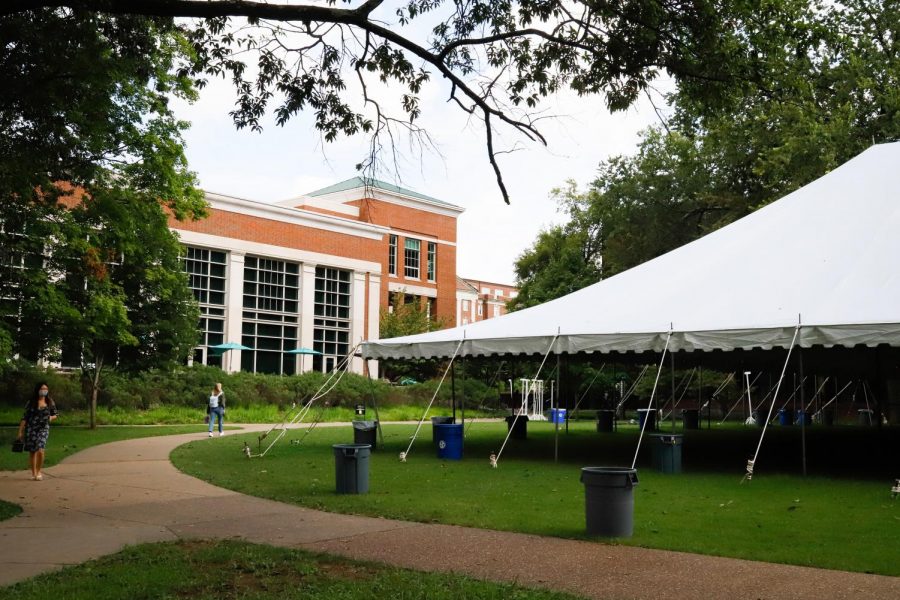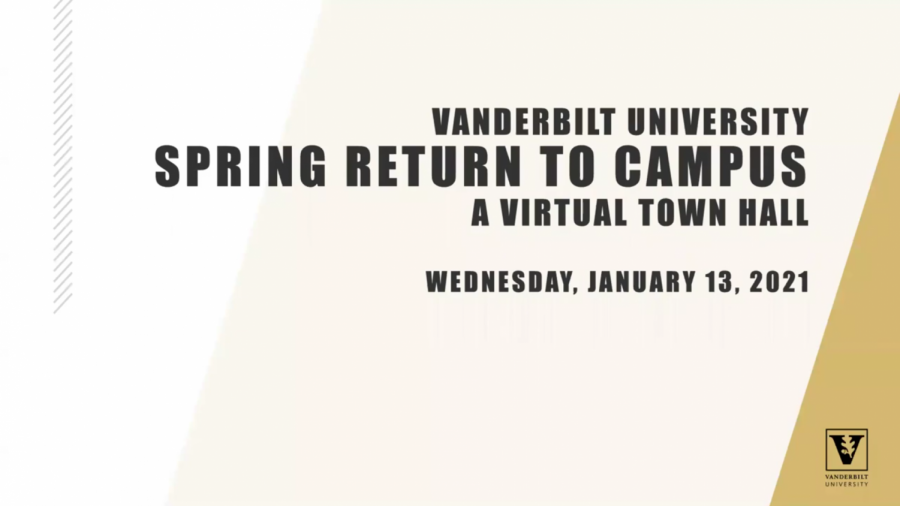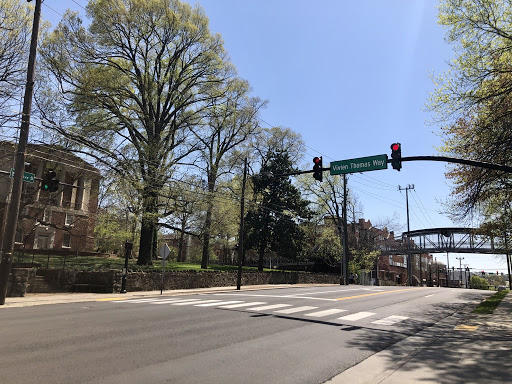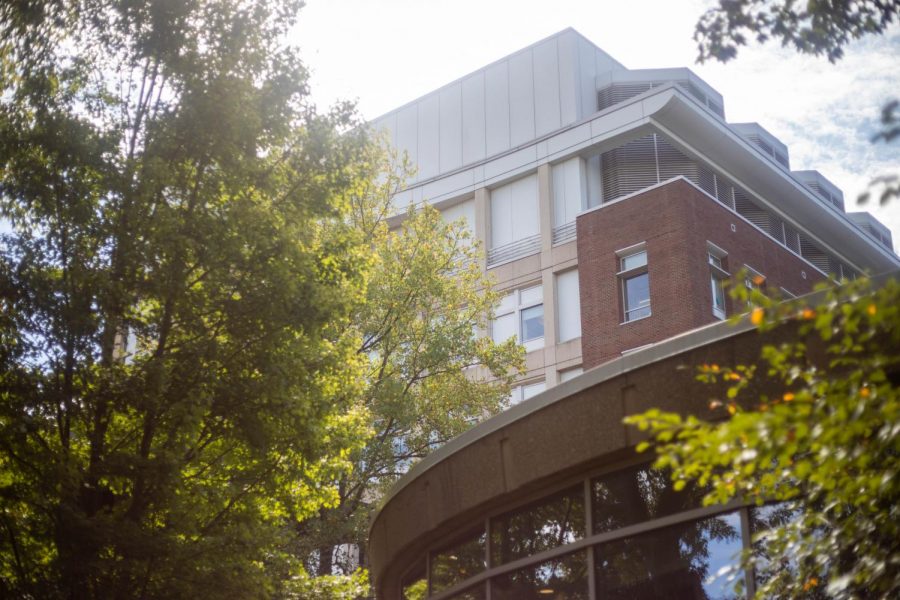With less than one week left until the start of the fall semester, Vanderbilt remains committed to bringing students back to campus, despite the fact that cases of COVID-19 are at an all-time high.
Just last Monday, the United States reported five million confirmed cases of the novel coronavirus. While the states that were hardest hit by the pandemic have begun to recover, cases in Tennessee–along with several other southern states—have been on the rise in recent weeks. Thousands of new cases have also been reported at universities across the country, leading to renewed concerns about students returning to campus in the fall.
In response to this recent surge in cases, some of Vanderbilt’s peer institutions have announced that despite earlier plans to hold in-person classes, they will now be rolling back to fully-online instruction. On Aug. 7, Princeton joined John Hopkins and other elite colleges by canceling plans to reopen in the fall, citing the inability to provide “a genuinely meaningful on-campus experience” in light of the current pandemic.
Despite this recent turn of events, Vanderbilt and its administration seem confident in their ability to protect students, faculty and staff from the pandemic through a regimen of testing, contact tracing and isolation. Still, students and parents at Vanderbilt have voiced concerns about the quality of life that Vanderbilt will be able to offer given the current pandemic. The administration’s current plans indicate that seating in classes will be socially distanced, meals will be to-go and social gatherings will be virtually nonexistent. Despite these precautions, there still looms the threat of a widespread outbreak.
So should we return to campus?
Although Vanderbilt has been carefully planning for its students’ safe return in the fall, the close proximity of living spaces and an active social atmosphere will make physical distancing difficult, if not impossible. That is if students choose to distance themselves at all.
It seems unlikely that they will. The fact that the pandemic is at its worst point this year hasn’t discouraged Vanderbilt students from traveling across the country to meet friends and family this summer. Scroll through Instagram and you’ll find dozens of images of mask-less students gathering at beaches and restaurants, with the same careless attitude that drove several students to those ill-fated Saint Patrick’s Day parties in March. This same mentality will likely remain unchanged as students return to campus.
After all, if personal safety isn’t a compelling reason to stay home this summer, what will stop students from partying on campus this fall?
To make matters worse, new research suggests that college students may not be as safe from the virus as they think. Since the start of the pandemic, the percentage of infections among people between 15 and 24 years of age tripled from 4.5 percent to 15 percent. While youth are less likely to die from the virus, they may pass it on to more vulnerable individuals like professors and staff.
Thus, an indifferent student body will not only put themselves at risk but also threaten the lives and livelihoods of dozens of essential workers.
Even if students comply with health and safety guidelines, what will life on campus look like?
Chances are that this semester will be far from normal. Experts have remarked that “being on campus will be something like living in a monastery or a minimum-security prison.” With some of the precautions Vanderbilt is taking, this may very well come true.
For the first time in Vanderbilt’s history, incoming freshmen will not be sharing their room with another student. Instead, they will connect with their “virtual roommates” through Zoom. Lunches with friends at Rand will quickly become a distant memory as Campus Dining shifts to a meal order and pickup system where students are allocated 20 minutes to finish their meals in designated areas. Any plans to attend a party on Greek Row are now nonexistent, with on-campus gatherings heavily restricted by the university. For the most part, it seems as if students will be expected to remain confined to their dorm rooms and socially distanced from their friends for the entirety of the fall semester, however unlikely this may be.
In the event of an outbreak, Vanderbilt’s policies may become even more restrictive as the administration scrambles to safeguard its students (and its reputation). There is even the possibility of a complete return to online instruction.
With this in mind, it seems clear that inviting thousands of students back to campus in the fall may have disastrous consequences. Although online classes are less than ideal, especially for students that have difficulty learning at home, we need to recognize that in the midst of a pandemic, a return to “normal” college life is a dangerous pipe dream.
We should be staying home. To suggest otherwise would be selfish and careless.


